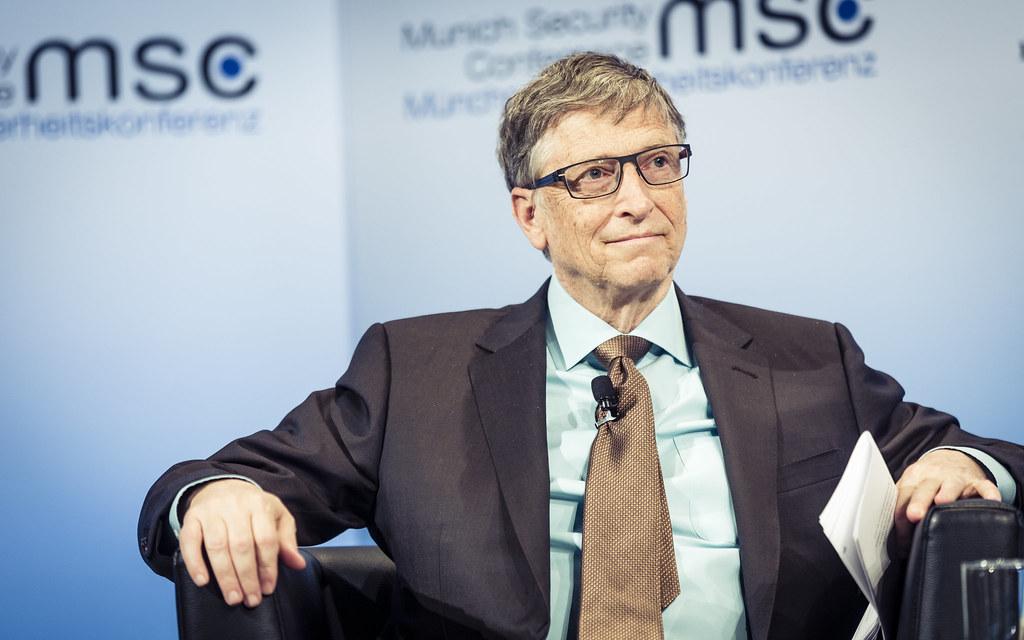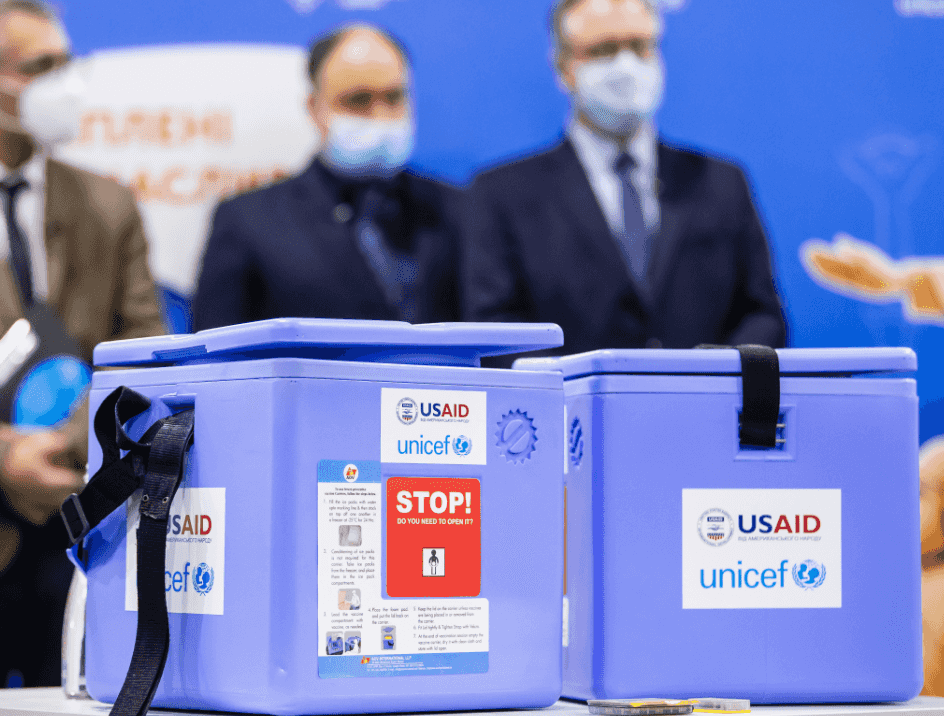
WASHINGTON (Enmaeya News)— Amid cuts to international aid programs under the Trump Administration—including the shutdown of USAID and the withdrawal of U.S. membership from the World Health Organization—Bill Gates has announced plans to inject $200 billion of his fortune into global health and development initiatives by 2045. The co-founder of Microsoft and chair of the Gates Foundation also revealed plans to wind down the foundation at that time.
Since its inception, the Bill & Melinda Gates Foundation has been a driving force in the fight against infectious diseases such as malaria, tuberculosis, and HIV/AIDS, particularly in low-income countries. Gates highlighted the foundation's impact over the past decades, noting that vaccines, improved treatments, and enhanced healthcare infrastructure have saved millions of lives. However, he cautioned that complacency could reverse these gains as emerging threats like antimicrobial resistance and climate-related diseases require continued vigilance and funding.
Gates emphasized the critical role of technological innovation in accelerating medical breakthroughs. He pointed to the rapid development of mRNA vaccines during the COVID-19 pandemic as evidence of how technology can fast-track global health solutions. He also underscored the transformative potential of artificial intelligence in global health, including drug discovery, disease surveillance, and optimizing healthcare delivery in underserved regions. Gates argued that AI could help predict outbreaks, streamline clinical trials, and personalize treatments, enhancing the efficiency and accessibility of healthcare worldwide.
Despite progress, Gates acknowledged significant challenges, including political shifts, funding shortages, and shifting global priorities. He stressed the need for strong public-private partnerships, citing Gavi, the Vaccine Alliance, as a successful model for global health initiatives. Gates also reaffirmed his commitment to eradicating polio, expressing cautious optimism about achieving that goal soon.
Beyond infectious diseases, Gates called for more focus on maternal and child health, nutrition, and pandemic preparedness, highlighting the importance of resilient health systems in the face of global health threats.
While optimistic about the potential of science and technology to transform global health, Gates warned that progress requires sustained commitment. He urged global leaders to prioritize long-term investments and international cooperation, cautioning that failure to do so risks reversing hard-won gains and leaving vulnerable populations at risk. Gates’s message is clear: the fight for global health equity is far from over, and urgent action is needed to secure the progress made.





